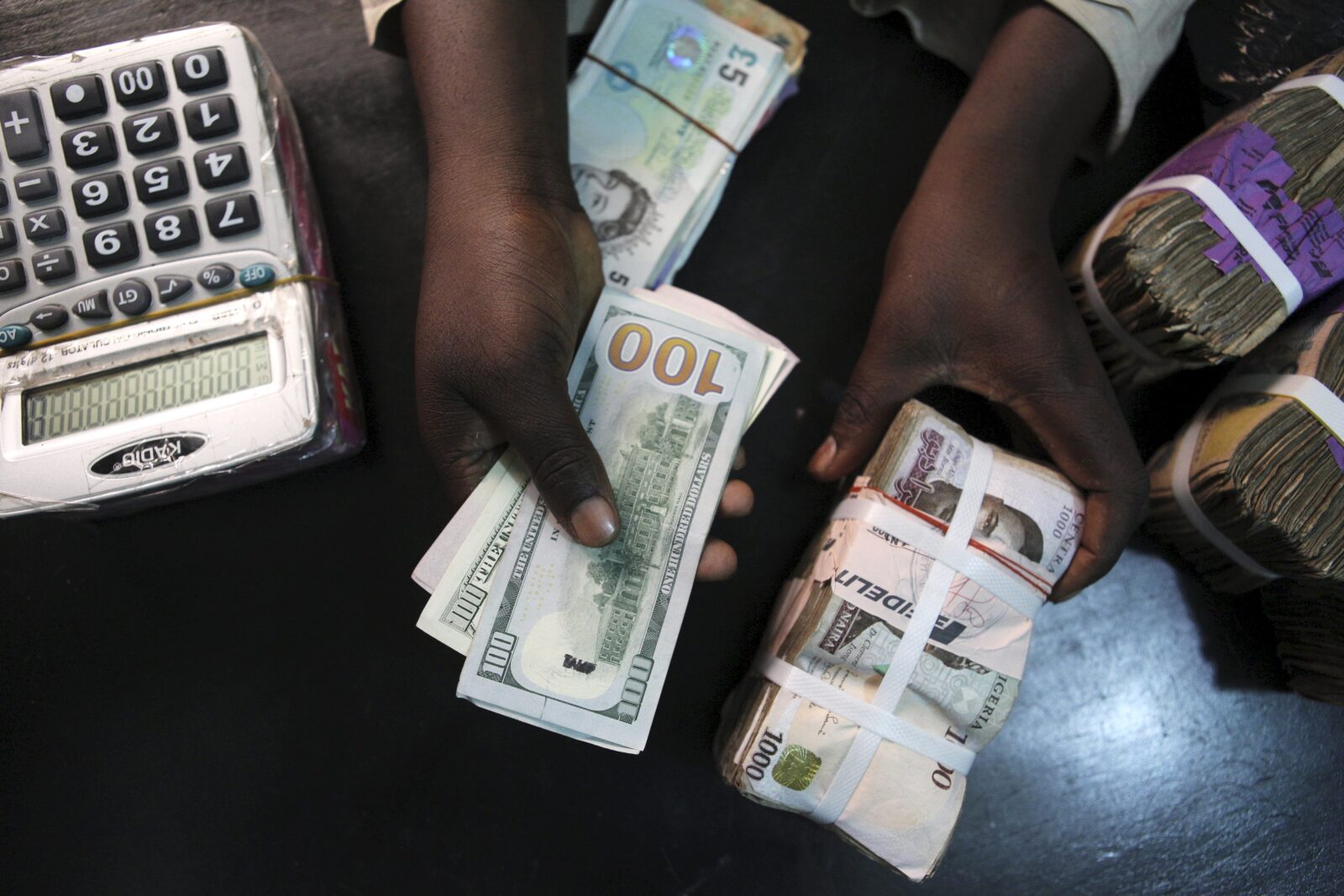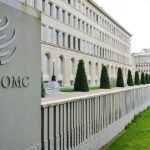By Chinwendu Obienyi
Nigeria’s foreign exchange (FX) reserves rose by $422.16 million last week, reaching $37.85 billion as of July 17, as the Central Bank of Nigeria (CBN) intensified its market intervention by injecting approximately $80 million into the FX market to stabilise the naira.
This marks the second consecutive weekly increase in reserves, signalling a boost in external buffers and improved confidence in the market. Analysts attribute the rise to sustained inflows from foreign portfolio investors (FPIs), higher oil receipts, and the apex bank’s tighter grip on FX management.
Despite the CBN’s intervention, the naira depreciated slightly by 0.1 per cent week-on-week to N1,532.11/$1 in the official Nigerian Autonomous Foreign Exchange Market (NAFEM). The dip in the local currency’s value reflects persistent structural challenges and underlying demand pressures in the FX market, though analysts say it remains relatively stable.
In the forward market, the naira weakened across all tenors, further underscoring expectations of medium-term currency pressure. The one-month contract slipped by 0.4 per cent to N1,578.53/$1, the three-month dropped by 0.5 per cent to N1,654.49/$1, the six-month weakened by 0.7 per cent to N1,763.13/$1, and the one-year forward fell by 1.0 per cent to N1,972.98/$1.
Financial market analysts believe the recent reserve accretion and continued CBN interventions are critical in maintaining FX liquidity and supporting naira stability. The apex bank has maintained a more flexible approach to FX supply, ensuring banks and other authorised dealers receive moderate levels of dollar inflows to meet legitimate demand.
“The reserve build-up provides the CBN with more firepower to intervene when necessary,” said a Lagos-based currency analyst. “The market is also responding positively to reduced global pressures and higher investor confidence, especially from FPIs.”
The recent interventions align with the CBN’s broader strategy to restore confidence in the FX market, attract capital inflows, and reduce volatility following last year’s major currency reforms. These reforms, which included the unification of the exchange rate and removal of official market restrictions, have begun to yield results, albeit gradually.
Looking ahead, analysts anticipate the naira will remain relatively stable in the short term, barring any major shocks from oil prices or global financial markets.
However, they caution that sustained stability will depend on deeper structural reforms, improved fiscal coordination, and continued policy discipline from the monetary authorities.
“We expect FX liquidity to remain robust, supported by reduced global pressures and stronger market confidence, which continues to attract inflows from foreign portfolio investors (FPIs).
Additionally, a stronger net FX reserve position enhances the CBN’s capacity to intervene when necessary. Barring any unexpected shocks, we anticipate that the naira will remain stable in the near term”, Cordros Research said in an emailed note.
For now, the combination of rising reserves and moderate CBN support appears to be buying the apex bank valuable time to consolidate broader economic reforms.


















Leave a comment